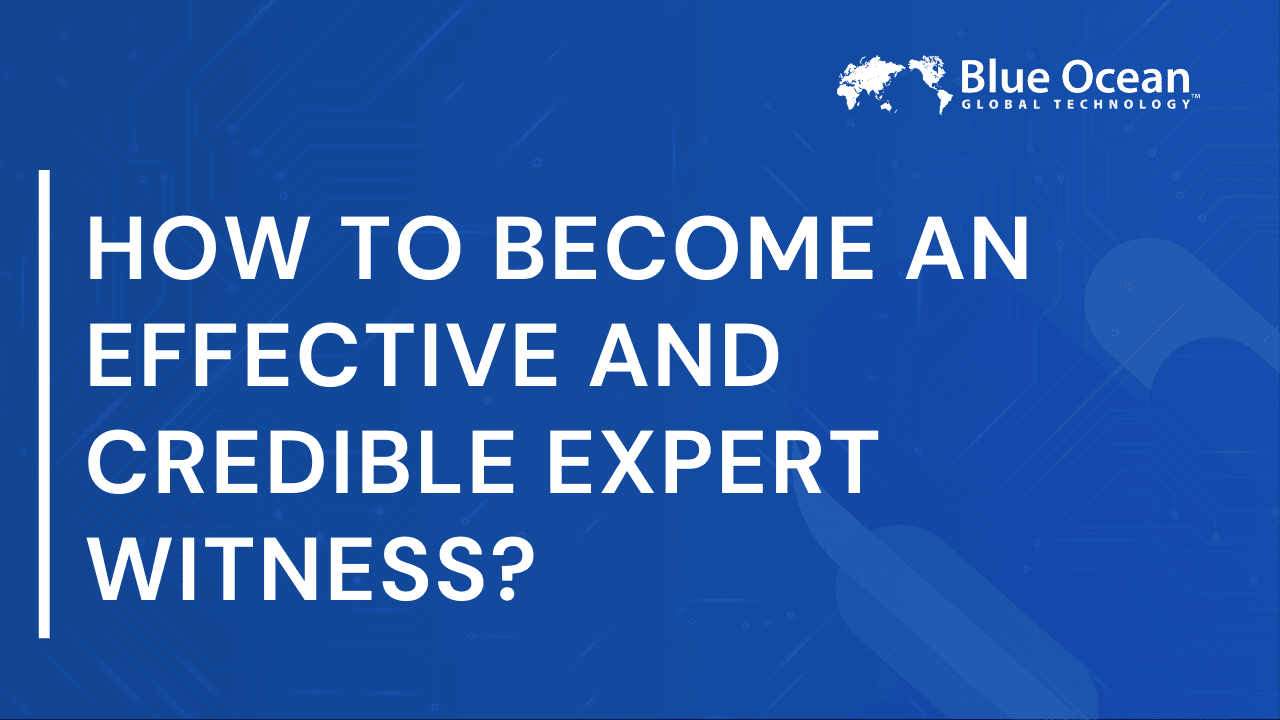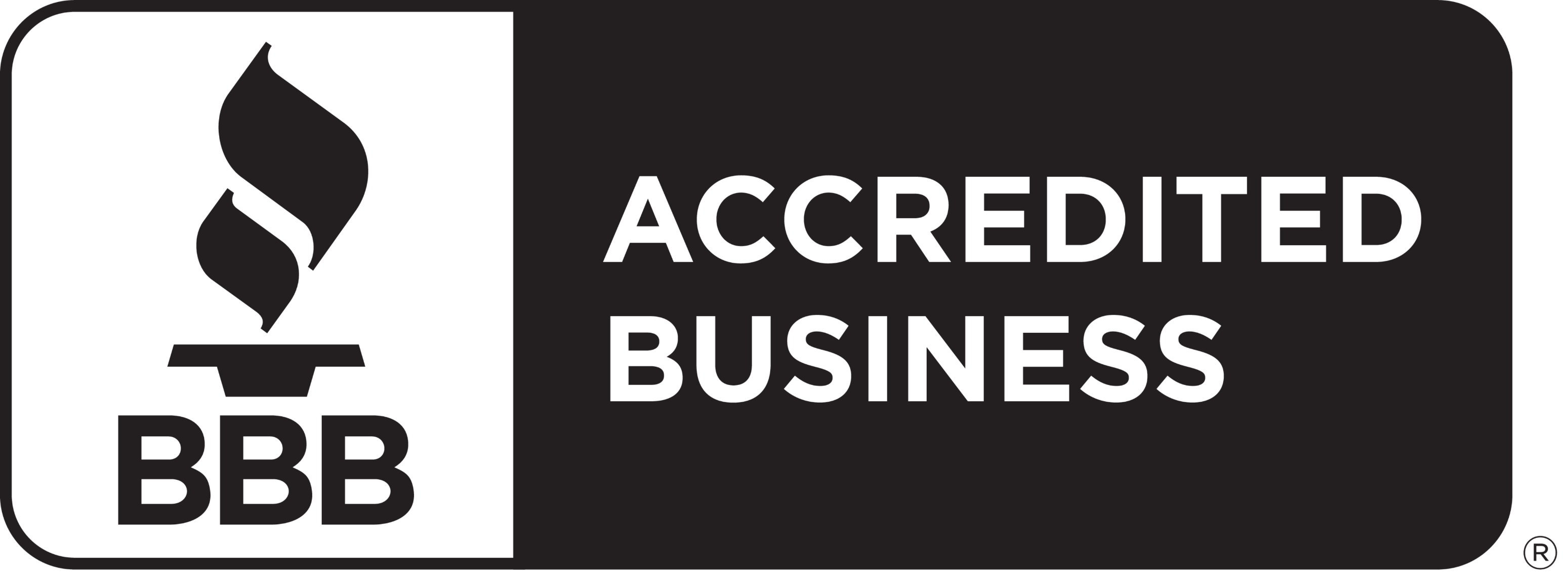Overview:
- Legal proceedings strongly depend on expert witnesses who offer unbiased expert knowledge to help the jury understand intricate subjects.
- To succeed in court, expert witnesses must carefully examine case materials to present only factual and trustworthy testimony.
- Simple and clear communication is a necessity—expert witnesses need to explain technical matters in a manner that juries can understand.
- Expert witnesses who maintain their professionalism and continuously learn by following ethical guidelines deliver opinions that carry great impact on case results.
Legal proceedings can be an intricate process, enduring the tedium of gathering the appropriate evidence, preparing an accurate sequence of events, and eventually presenting one’s case in the courtroom. Because of this, either side must be able to give truthful testimony or an honest personal account of the scenario about which the trial is being held. To help with this, expert witness testimony plays an important role in influencing courtroom decisions. Expert witnesses have the responsibility of informing the courtroom about complexities within their realm of professional experience. They possess a broadened experiential understanding of particular subjects, primarily because they work in those fields.
For instance, a psychologist may give an expert account regarding the frame of mind in which a murder suspect was before killing another person. In any case, it is important that expert witnesses can give a first-hand account based on their particular knowledge about the case from an experiential and professional standpoint. This is why an expert witness must understand their role as one and not let any predispositions interrupt the bilateral nature of the court process.
Best Practices for Being an Effective Expert Witness
Being an expert witness comes with great responsibility, as their testimony has the potential to persuade an entire jury. This pressure entails the delivery of a confident, knowledgeable, and well-prepared testimony. Expert witnesses must also be able to simplify key concepts into layman’s terms, bringing a relatable and justifiable account to the table. To do this, there are several practices expert witnesses may utilize to enhance their conviction during their time in court.

Understand Your Role and Expertise
The first is simply to understand why they are being called to testify. Without a defined purpose, an expert witness’s testimony becomes far less credible and more difficult to believe or support, especially to a juror. Their job is to speak knowledgeably on the topics within their field of expertise, relaying important information pertaining to the case. Their opinions, regardless of the side they are on, must be unbiased and purely based on factual evidence. This helps inform the case by providing additional insight about the topics by a professional.
Prepare Thoroughly
In order to properly testify, expert witnesses must come prepared to say their piece. It is in their best interest to review all relevant case materials, including pleadings and evidence. They will then develop a comprehensive understanding of the case facts and legal issues at stake. Not only does this allow them to present their testimony from a professional standpoint, but it helps them apply their knowledge more relevantly and garner the jury’s interest.

Aside from actual matters of the case, they should also dress appropriately, adhere to courtroom decorum, and remain calm under pressure. These proactive choices command respect and attention, demonstrating confidence in their role. When confident, expert witnesses are capable of handling aggressive questioning with composure, focusing on the facts alone and not getting sidetracked by irrelevant statements. Because this is possible, expert witnesses should rehearse their testimonies and conduct mock examinations to prepare for both direct and cross-examination. Thorough preparation comprises an anticipation of challenging questions, especially ones that seem irrelevant or controversial.
Draft a Clear Expert Report
Additionally, expert witnesses need to write a concise, well-defined, and well-organized report outlining their findings and opinions. This serves as a record of their participation in a case, specifically detailing their role and how they perceive the scenario at hand. They should use plain language and avoid jargon to enhance clarity for all parties involved. Their job is to simplify the matter, not overcomplicate it.
Sharpen Your Edge as an Expert Witness
Master the essentials of credible testimony, courtroom decorum, and expert reporting. Access personalized coaching and valuable resources.
Communicate Effectively
When the time comes for them to testify, expert witnesses must speak clearly and confidently, adjusting their communication style for the audience. It is important to remember that the audience will mostly understand the case in layman’s terms. So, it is advisable to incorporate visual aids to illustrate complex ideas and make their testimony more engaging.
When it comes to lay witness vs expert witness, the latter’s communication should be unambiguous, leaving zero room for misinterpretation. This means they should clarify what they mean in their explanations of certain topics, especially by giving examples or making universal connections or applications. Specifying the key details will make the case more comprehensible for everyone.
Engage with Legal Teams and Reflect for Improvement
As for the side they represent, expert witnesses need to work closely with attorneys to understand case strategy and provide the necessary information. It helps to collaborate and get on the same page about the manner in which they will present all concepts that work in favor of their side. After their testimony, expert witnesses will review the experience and seek feedback to improve for future cases. They should always perceive each case as a learning opportunity to continue to grow.

Commit to Continuous Learning
Another great practice that often gets overlooked is staying up to date with developments in their field and legal standards. Having the most recent knowledge and understanding of regulations will benefit expert witnesses in the long run. Their familiarity will help them avoid gray areas that tend to complicate trials. Adhering to strict regulations within their field, however, will maximize the impact of their knowledge in their testimonies and collaboration with legal teams. This is why expert witnesses in internet defamation continuously engage in ongoing education and training to enhance their expertise, effectiveness, and relevance.
Owning the Keys
All in all, these practices can only enhance the effectiveness of expert witnesses in court as they testify and assist the legal team. Their roles are highly prioritized, as they practically own the keys to major insights and information that accompany their side of the case. Whether their communication is effective or even their level of confidence is high, these practices all matter in the greater scheme of things.
Effective expert testimony typically has a great impact on legal outcomes, often clarifying the logistics, terminology, and ideas behind a trial or even persuading a jury one way or the other. In any case, expert witnesses have a unique opportunity to alter or at least influence the entire narrative of either party’s case. Expert witness services can not only help polish your skills but also link you with the right requirements.
Because of this weight, it is important to encourage expert witnesses to uphold standards of excellence, honesty, and integrity. Their professionalism spreads throughout the courtroom, as their knowledge can serve as the foundation on which jurors base their decisions. It is only right that expert witnesses provide accurate information about their field of expertise and deliver it in a credible and relevant manner.
Build a Credible, Impactful Expert Witness Practice
Ready to position yourself as a trusted expert witness? Work with our team at Blue Ocean Global Technology to elevate your credibility and courtroom impact.












